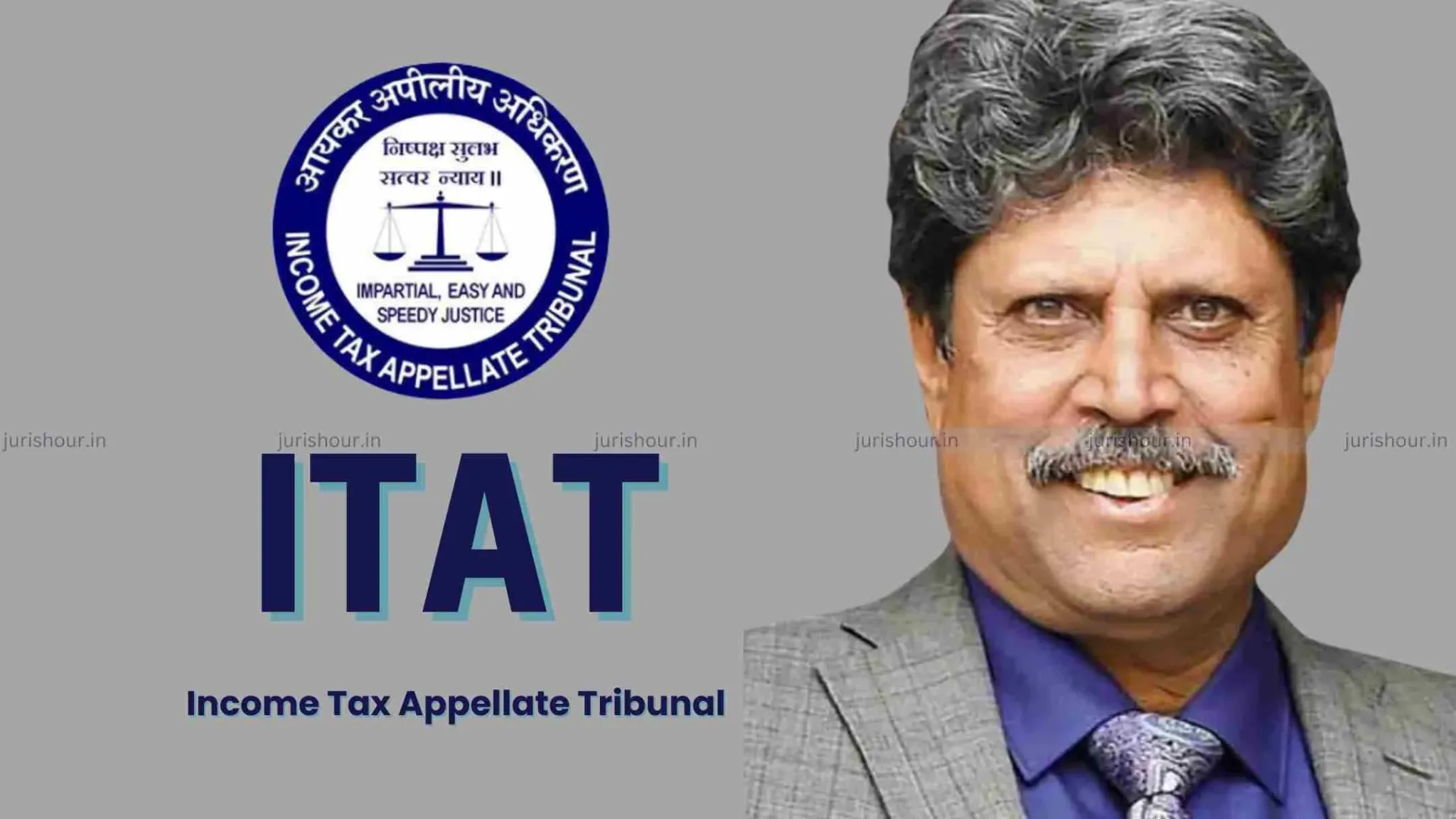Author: Khushi J Prajapati
In the Indian context, personal with taxable income can always invest in any of the numerous options that offer tax exemptions according to the Income Tax Act (IT Act). These investments help in saving on taxes and generating wealth at the same time. Taxpayers can do wise investments in these areas so as to manage their tax payments and secure their financial future. This article will outline ten (10) investment alternatives through which people may save some money on their annual taxes obligations.
Investments to avail Tax Exemption under Income Tax Act 1961
1. Unit Linked Insurance Plans (ULIP) – A ULIP (Unit Linked Insurance Plan) can be defined as a form of investment that allows one to combine insurance coverage with stock and bond investments. It gives tax benefits to the policy holder through Section 80C where up to ₹1.5 lakh can be deducted from the premium paid and it also gives tax exemptions on maturity proceeds through Section 10(10D), provided certain conditions are met. The lock-in period is at least five years, all fund switches are free of charge and it’s mainly meant for those who look for long-term capital growth along with life insurance. However, they have various charges attached hence it’s important to evaluate them before making an investment.
2. Health Insurance Plans – There are costs covered by health insurance plans such as hospitalization, surgery and even some outpatient treatments. Premiums paid for health insurance can be claimed as tax deductions under Section 80D of the Income Tax Act for an individual, spouse, children and parents. The maximum deduction allowed is ₹25,000 per individual plus an additional amount of ₹25,000 if you are covering parents (₹50,000 if they are senior citizens). Therefore it helps individuals against expensive medical care so that emergencies don’t become a burden to them. A few health insurance plans also inspire preventive care which includes annual medical examinations.
3. Loan Investment on Education Loan – An education loan is a funding scheme for higher education that meets expenses like tuition fees, accommodation, and textbooks. The amount paid as interest on educational loans is eligible under Section 80E of the Income Tax Act. This continues up to eight years or until the entire interest has been cleared. This makes it one of the best ways to save taxes since there is no cap on how much one can claim as tax deductions for education loan repayments. They are criteria that dictate who was borrowed such funds; they include, among other factors, whether it was for higher studies done by them or their partners, children and any person whom they were responsible for. This means that there are no tax incentives for the principal repayment part.
4. Interest Paid on Home Loan – Home loan interest payments can be deducted for tax purposes according to Section 24(b) of the Income Tax Act. If you live there, you are eligible for a maximum deduction of ₹2 lakh per financial year on interest paid. With regard to rented properties, there is no upper limit on the deduction but the total loss that can be set off against other incomes is limited to ₹2 lakh. To claim this deduction, the construction/purchase of the property must be over within five years from when loan advance were taken in the financial year ended How this helps in reducing the overall cost of borrowing for homeowners.
5. Sukhanya Samriddhi Yojana – The Sukanya Samriddhi Yojana (SSY) is a scheme initiated by the government to instill savings in parents for their daughter’s education and marriage. The account can be opened before the girl child turns 10 years with minimum initial deposit of ₹250 in one financial year and maximum amount of ₹1.5 lakh in one financial year. Interest earned on this account remains tax-free along with maturity value; it has highest interest rate compounded every year. Contributions can be deducted from taxable income under section 80C of India’s income tax act, if they are less than or equal to 1.5 lakh per year. This period lasts for 21 years but in case it is linked to marriage, then it can be closed at any time after she becomes 18 years old, meaning partial withdrawals for educational purposes can also be made.
6. National Pension Yojana – In India, NPS is a retirement savings plan funded by government that all citizens can join. In addition to taxation incentives, it acts as an instrument for systematic retirement savings. Eligible contributions made by individuals towards this system are exempted from tax under section 80CCD(1) within the aggregate limit of ₹1.5 lakh prescribed under section 80C and further an additional exemption up-to ₹50,000 envisaged under section 80CCD(1B). It provides options ranging from equity, corporate bonds and government securities so as to allow investors choose according to their preferences. About 60% of the total wealth accumulated at retirement can be withdrawn free from income tax while the other 40% goes to buy annuity which guarantees regular pension payments. To summarize, NPS is a long term low cost financial plan that assure its clients they will be secure during their old age.
7. Equity-Linked Saving Scheme (ELSS) – As an investment of mutual funds, equity-linked savings schemes (ELSS) are given tax benefits under section 80C of the income tax act. The maximum eligible tax deduction for the ELSS is ₹1.5 lakh for each financial year. In terms of investment, ELSS mostly invest in stocks that have higher risks as compared to other tax saving mechanisms but are likely to yield greater returns. Therefore, it is essential for investors who wish to reap from market capital expansion over time to bear the mandatory three-year lock-in period, which is shorter than any other 80 C investment options. If an investor earns more than ₹1st lakh in one fiscal year in capital through ELSS, those capital gains will then be subject to long term capital gains (LTCG) tax based at a rate of 10 percent.
8. Government Tax Free Bonds – Tax-free bonds are debt securities provided by state owned companies and are public sector undertakings (PSU) with the interest income free from any tax payable by an individual. Most of these bonds are issued mainly by institutions like Indian Railway Finance Corporation (IRFC), National Highways Authority of India (NHAI) and Power Finance Corporation (PFC). The investors receive fixed interest payments which are completely exempted from taxes under section 10(15) of the Income Tax Act. These bonds have a specific period that can vary between ten to twenty years or even beyond that. In case they are sold before their maturity, although the income earned as interest is not taxed, still capital gains tax applies on them. These types of investments have low risk levels making them ideal for cautious investors who want steady returns that do not attract taxes.
9. Public Provident Funds (PPF) – For years, the Indian government has provided its citizens with this investment option called Public Provident Fund which encourages retirement savings. It also qualifies for deductions under section 80C of the Income Series Act that taxpayers claim up to ₹1.5 lakhs per annum on the amount put into an account in one year. Returns are constant rates credited annually without any applicable taxes whatsoever. Individuals have to keep their PPF accounts running for fifteen years if not longer before they can withdraw some cash from them based on such grounds like studying abroad or an emergency regarding health care during which once seven years pass since opening it. As stipulated by section 10(11), profits upon reaching maturity age plus accrued interest remain free from taxation. This kind of asset possesses minimal risks but assures fixed returns hence making it suitable even for risk-averse investors seeking long-term savings on tax obligations and monetary assurance.
10. Fixed Deposits on Banks – The Fixed Deposits (FDs) offered by banks are liked as well as safe investment option. Here persons deposit money in one amount for a specific amount of time at an agreed interest rate. FDs income is liable for tax under the Income Tax Act while banks deduct TDS (Tax Deducted at Source) once interest amounts exceed ₹40,000 (₹50,000 for the aged). However, since the original capital is totally safe, it pays high-interest rates as opposed to ordinary savings accounts. In order to benefit from tax exemptions, an investor can offset up to ₹1.5 lakh on FDs with 5-year lock-in period according to section 80C making them tax exempt as per this legislation. FDs have a set rate of return and are meant for investors who prefer safety over anything else.
List of other Investment options that are exempt under income tax
- Tax benefits similar to NPS are offered under Section 80CCD(1) on Atal Pension Yojana (APY) which has a limit of ₹1.5 lakh per year.
- Interest earned on Kisan Vikas Patra (KVP) and certain Government Savings Bonds qualify for deduction under Section 80C but the interest amount is taxable.
- Senior Citizens Savings Scheme (SCSS) provides similar deductions under Section 80C with interest being taxable as well.
- NPS tier II accounts provide extra benefit of ₹50,000 tax under section 80CCD(1B) which have different withdrawal rules from Tier I.
- There are tax deductions available in Prime Minister’s Vaya Vandana Yojana (PMVVY) investments as per Section 80C.
- Sovereign gold bonds (SGB) and national savings monthly income scheme (NSMIS) come under section .80C deductions with interest over SGB taxation excluded from capital gains tax Thus some tax-free income bonds provide non-taxable interest income defined in section 10(15).
- Lastly, Rajiv Gandhi Equity Savings Scheme (RGESS) offered tax reliefs under the provisions of section 80CCG for investments made on shares but it has been discontinued now.






